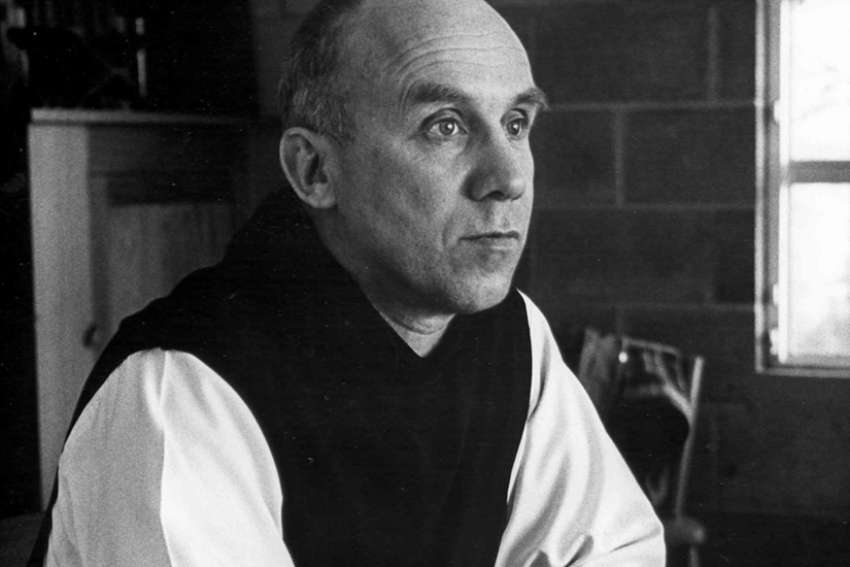This is good advice for everyone — work needs to be balanced with rest, prayer and reflection. For many, summer is the time for extended rest, the time when one retreats to a deserted place and comes to see with new eyes.
Alas, holidays often resemble “the same frantic steeplechase toward nothing,” words with which the American novelist William Faulkner painted the spirit driving the modern era. In some respects, Faulkner’s description is too grim but it does call out to us to spend time in “a deserted place.”
Too often, we simply take our possessions with us. “We have everything we need,” said one traveller, referring to the massive family motorhome which ensures their destination can be far removed from nature and personal reflection.
Thomas Merton, the monastic reformer and spiritual writer who died 50 years ago this December, complained that even in his Trappist monastery, life was too busy. For Merton, the deepest human need is the freedom to seek the highest truth without carrying the weight of excessive rules and structures. The frustration of this freedom by secular forces and pseudo-religion have made us spiritually sick.
Over-control stifles the creative initiative of those who seek the truth of God and of human existence and dehumanizes them into “psychological passivity,” Merton wrote in Contemplation in a World of Action. “It is a society in which we have not much left but to resign ourselves with a sigh to passivity with a can of beer in front of the TV.”
Regulating the life of a community is relatively easy. It is not so easy to nurture a spirit of contemplation and authenticity among the people of the community. The Holy Spirit, like the wind, “blows wherever it chooses, and you hear the sound of it, but you do not know where it comes from or where it goes” (John 3:8). A mania of policy-writing and the imposition of top-down structures ensures efficiency. But it can stifle the Spirit.
The question for society and the Church is how do we avoid blocking the movement of the Spirit? For secular society, this is not a question. For a Church hemorrhaging members across the Western world, it is the question. One cannot look to the hierarchy to resolve this question, but we can reasonably expect that they will not erect barriers to the Spirit.
Rather, renewal in the Church has always come from the peripheries — from the desert fathers wary of the Church’s compromised position with worldly authority, from St. Francis of Assisi who recognized a spirit of poverty as essential to Gospel living, from St. Ignatius of Loyola who respected secular life and saw the need to imbue it with a Christian spirit. Many other movements of renewal have occurred through Church history, almost always coming from those who recognized that the needs of their time could only be met by a fresh infusion of the Spirit.
Among many other things, Merton was a prophet of monastic renewal. His words, however, often apply equally to the laity. “The real purpose of meditation,” he wrote, “is the exploration and discovery of new dimensions in freedom, illumination and love, in deepening our awareness of our life in Christ.”
These words are general, only hinting at a genuine program of renewal. Nevertheless, they say a lot. They say meditation — not merely saying prayers or going to church — is at the centre of renewal. They call for the Spirit to inspire in us freedom, illumination and love. They also call us to be Christ-centred in both prayer and action.
None of this can happen in our lives unless we retreat on occasion to a deserted place, a place where material possessions are left behind so we may focus on that which is most real. It need not happen during summer holidays, although that is one opportunity. Nor does it need to happen in a retreat house. One’s “retreat” may come through spending time with the poor, writing a poem or sharing a special experience with one’s son or daughter.
Whatever it be, when we rest and meditate in “a deserted place,” the Spirit will move us to greater fullness of life.
(Glen Argan is interim editor of Living with Christ.)


